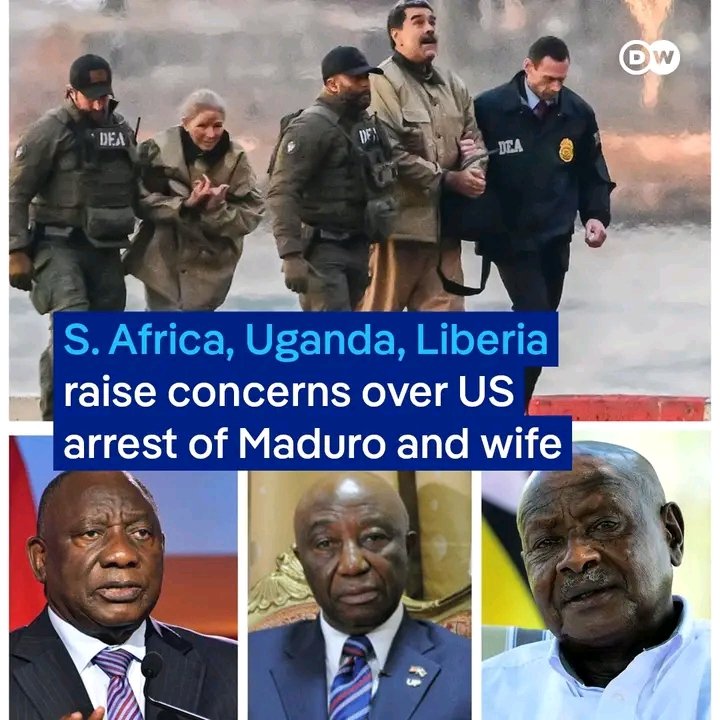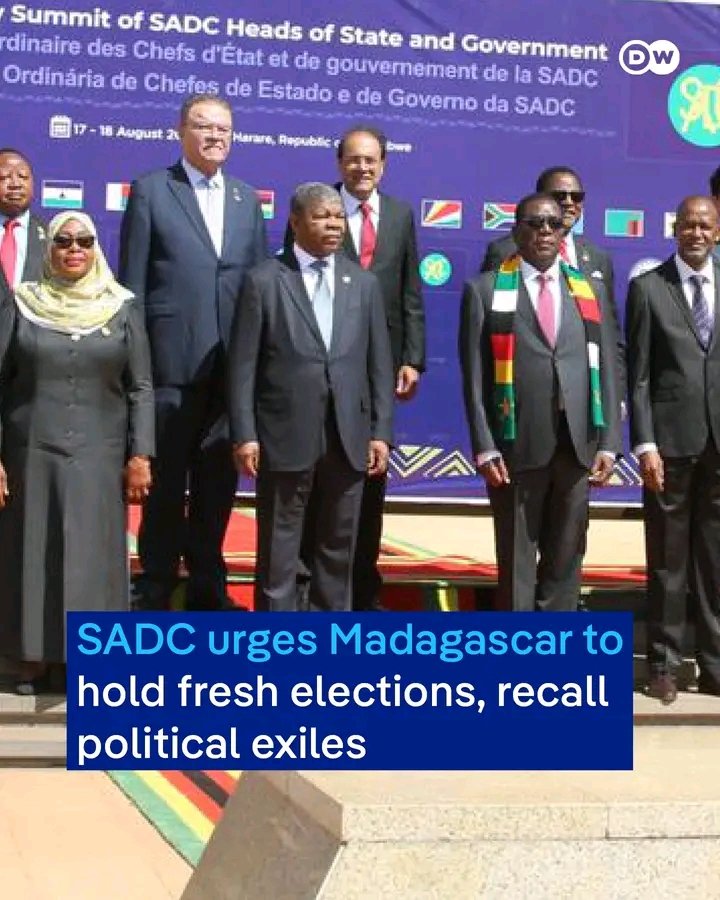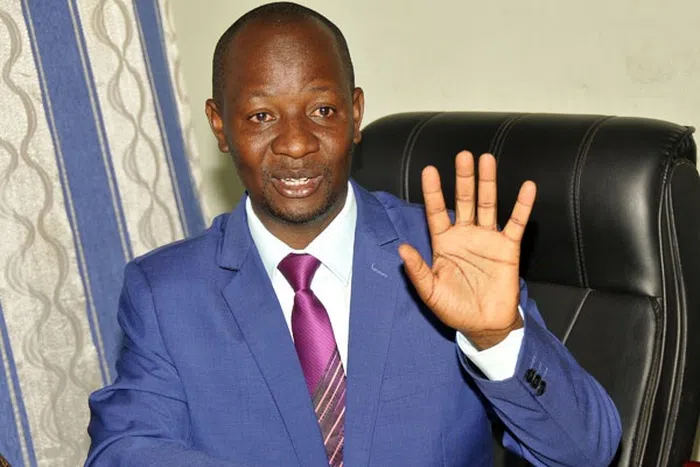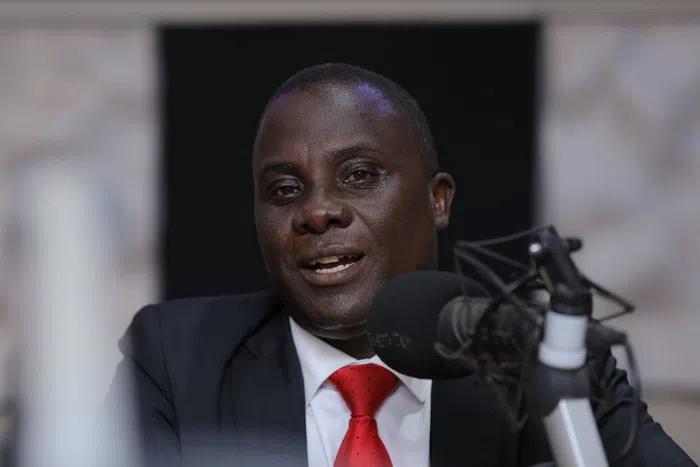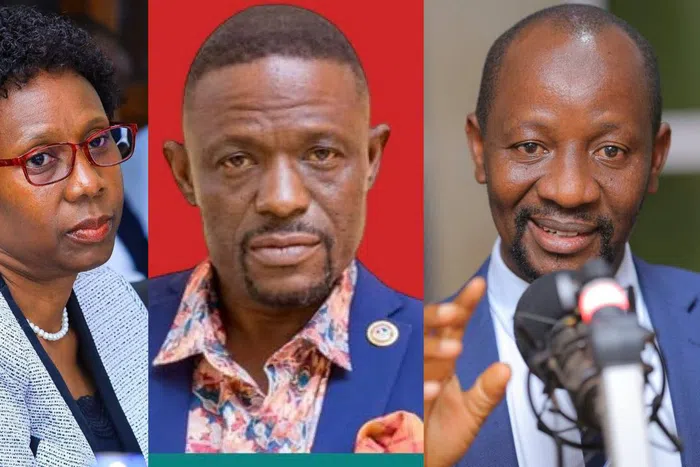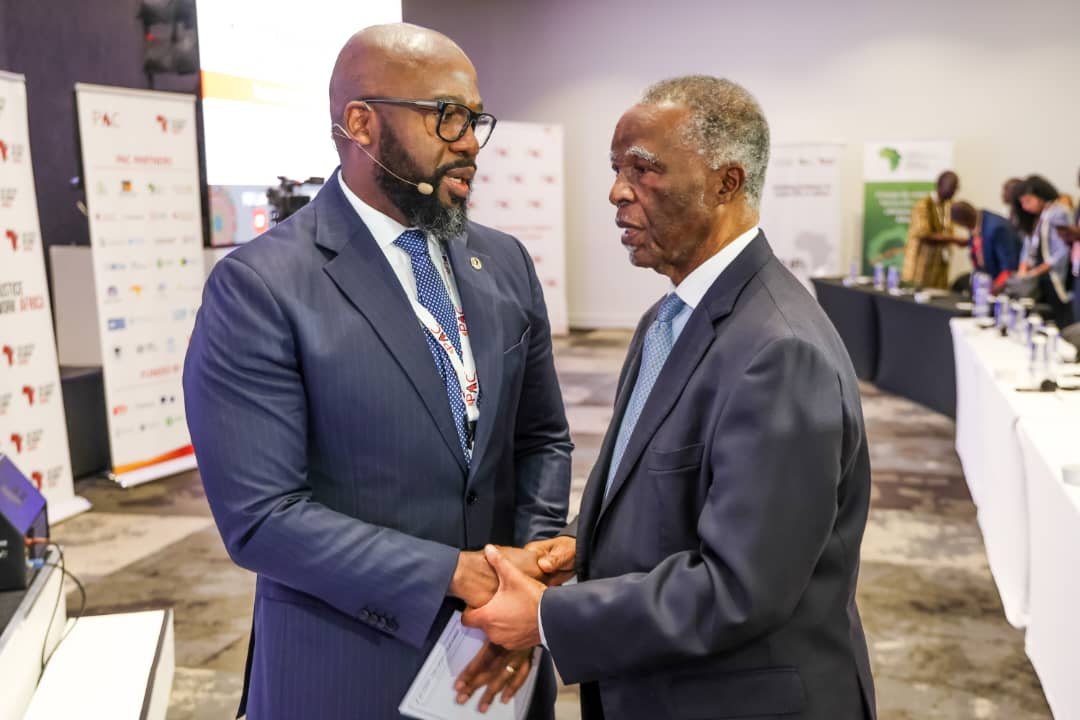
African Leaders Urge Action Against Illicit Financial Flows at Continental Conference
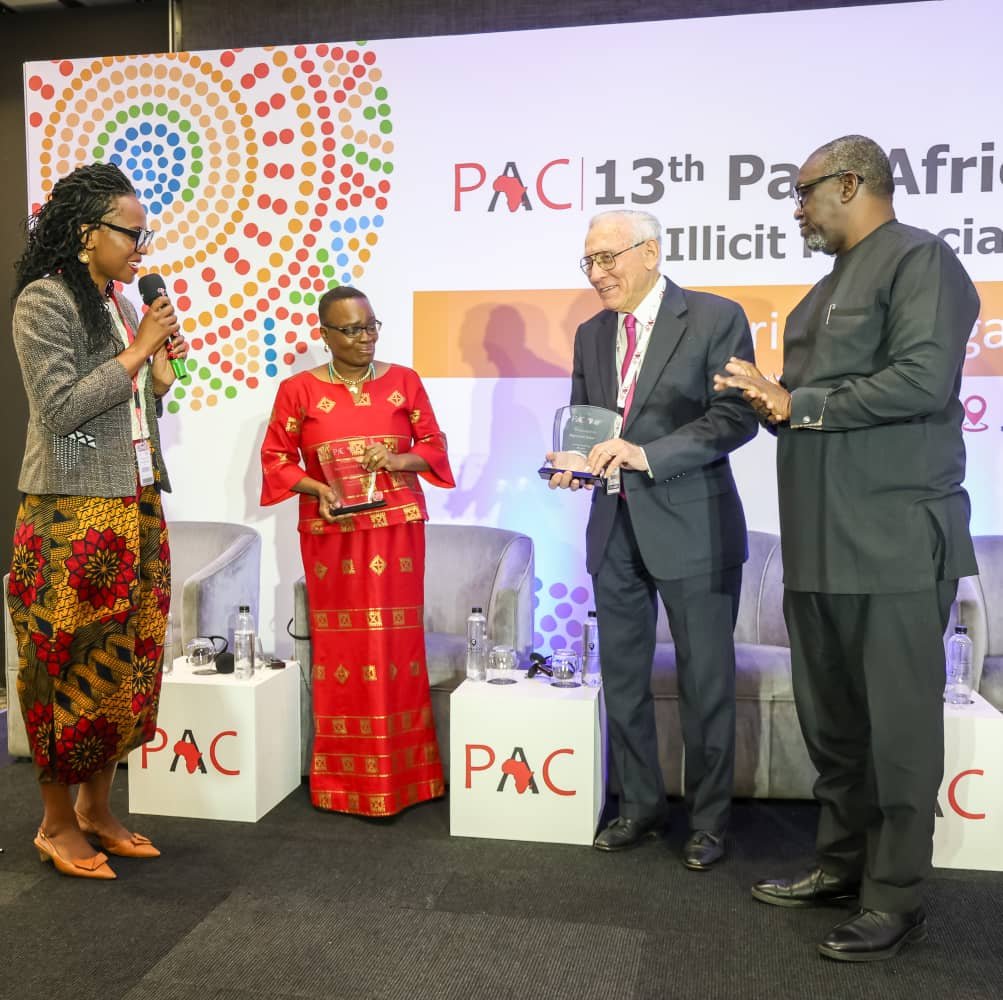
JOHANNESBURG, South Africa
Top African officials and tax justice advocates have gathered in Johannesburg this week for the 13th Pan-African Conference on Illicit Financial Flows and Taxation, with leaders warning that the continent continues to lose vital resources needed for development through illicit financial outflows.
The conference, convened by Tax Justice Network Africa in partnership with the African Union Commission, African Tax Administration Forum, and other regional bodies, comes at what participants describe as a “pivotal moment” for Africa. With countries facing rising debt, limited fiscal space, and growing development needs, the urgency to mobilize domestic resources has never been greater.
The meeting marks ten years since the landmark High-Level Panel Report on Illicit Financial Flows first revealed the staggering scale of illicit capital flight from Africa. Former South African President Thabo Mbeki, who chaired the panel, noted that the 2015 report “sought to make visible what had for too long been hidden: the massive haemorrhaging of Africa’s resources through illicit financial flows.”
“We showed that IFFs were not an abstract problem, but a very real drain on Africa’s capacity to finance its own development,” Mbeki said in a statement released at the conference.
Despite a decade of awareness-raising and advocacy, leaders acknowledged that the problem persists and may have worsened.
“The scale of financial outflows continues to undermine Africa’s capacity to finance its own development,” said Chenai Mukumba, Executive Director of Tax Justice Network Africa. “We are at a critical juncture where words and commitments must translate into tangible action. We need champions from across the continent who will drive the implementation of the Panel’s recommendations.”
African tax officials also highlighted concerns about ongoing global tax reforms. Mary Baine, Executive Secretary of the African Tax Administration Forum, noted that “the OECD Inclusive Framework and the Two-Pillar Solution have not fully allocated profits to source countries,” while praising African countries for showing leadership in calling for more inclusive international discussions through the UN Framework Convention on International Tax Cooperation.
Dr. Patrick Ndzana Olomo of the African Union Commission emphasized the need for political resolve, stating: “Africa has the resources; what we need now is the political will to combat IFFs across the continent and mobilise our domestic resources.”
The four-day conference has brought together policymakers, tax administrators, academics, and civil society representatives to assess progress and shape a renewed agenda for action. Key discussions have focused on leveraging technology in tax administration, responding to emerging global tax standards, and developing regional strategies to curb illicit financial flows while boosting domestic resource mobilization.
Organizers describe the conference as more than just a talking shop, but rather a call to action to reimagine Africa’s place in the global financial architecture and ensure the continent’s wealth benefits its people.
The conference continues through Friday, with expected outcomes including strengthened collaboration and policy coherence toward achieving tax justice and economic sovereignty across Africa.


